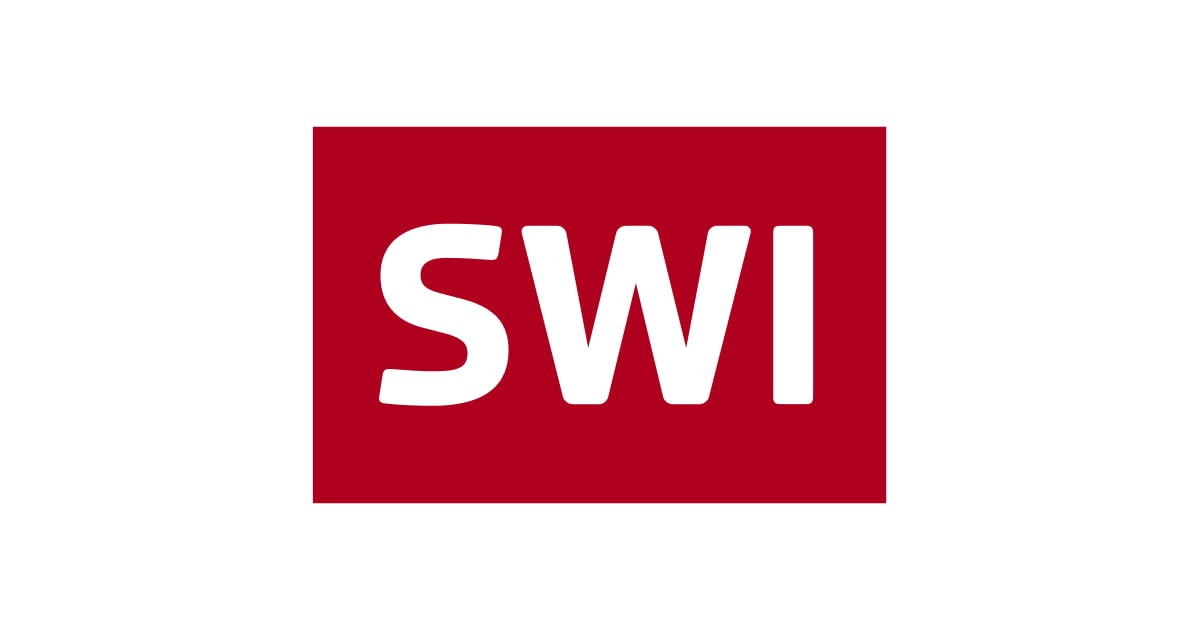Swiss worry more about their health

More and more Swiss are feeling less and less confident about their health, according to a survey conducted on behalf of the country's pharmaceutical lobby.
The annual study commissioned by Basel-based Interpharma revealed that 13 per cent of the 1,220 respondents rated their health as “bad”. In 2000, the figure stood at one per cent.
But the increase of people with a negative perception of their own health belies a generally positive outlook – both in regard to personal health and to the country’s healthcare system in general.
Researchers found that the perception of one’s own health was linked to income. “The more they earn, the better they feel,” Matthias Bucher of the consulting firm gfs.bern and the study’s lead author told swissinfo.
Of respondents with household incomes of over SFr9,000 ($8,866) per month, 43 per cent rated their health as “very good”. Only 17 per cent of people with household incomes under SFr3,000 per month gave the same response.
“We are in a time where people pay more attention to their health and to what they should and should not do about their own health,” Jacques de Haller, the president of the Swiss Medical Association, told swissinfo.
De Haller says he is surprised at the 13 per cent figure, but speculates it could be at least in part a product of better education and a heightened sense of self-awareness.
“Maybe people are acknowledging a little more that they can and have the right to not feel really well, to feel ill, and to get some care for that,” he added.
“What’s changing is that people are much better informed than they used to be.”
Doing enough
Three out of four Swiss say they are doing enough to maintain their own health, according to the Health Monitor survey. Two in three, however, say that individuals should engage more in prevention.
“We all eat stupid hamburgers and potato chips and peanuts and things we should not eat. Maybe people just feel guilty about that,” said de Haller.
The study was released 12 years after the introduction of revised federal health insurance legislation, making it compulsory for all residents.
Two-thirds of respondents – a record number – have indicated a “positive” or “rather positive” opinion of the country’s public-private healthcare system.
The same percentage believes the services offered by basic insurance plans are sufficient. Satisfaction is higher among French speakers than in the German-speaking part of the country.
But for the first time since the survey began in 1997, a majority of respondents said they would be willing to forgo some flexibility to save money.
Sacrifice
In particular, people would sacrifice some freedom to choose a hospital and treatment. Rebates for health insurance are often linked to the policyholder’s flexibility in determining his or her course of treatment.
But the Swiss are less willing to allow insurance companies to restrict their choice of doctor or access to new drugs.
While respondents indicated they did not anticipate a decline in the quality of care, they also saw no need for expansion. Incorporating alternative medicine such as massage and acupuncture into basic care schemes did not meet with resounding enthusiasm either.
People here are calling on doctors, healthcare organisations and insurers to invest more in the public health sector. Unsurprisingly, most say the ideal system would guarantee quality and freedom of choice for patients.
Healthcare continues to account for an ever-increasing percentage of the gross domestic product, says de Haller. Patients can expect to continue paying more.
“A lower cost is not realistic because the general population gets older year after year,” de Haller said. “Medical techniques get better and better but it costs more.
“It’s really an illusion to think we can lower costs. What we can do and should try to do is to have the costs in hand and try to keep things reasonable.”
swissinfo, Justin Häne

More
Health insurance
The Health Monitor study, first conducted in 1997, was commissioned by the industry group Interpharma.
It was conducted by the independent polling and consulting firm gfs.bern.
Results are based on personal interviews of approximately 50 minutes in German, French and Italian.
Around 14,000 interviews have been conducted since 1997.
This year’s survey also indicated that most Swiss view the pharmaceutical industry in a positive light.
96% said the industry was a good employer and 91% said it was a main driver of the country’s economy.
In 2005, Switzerland spent SFr52.9 billion ($52.11 billion) or 11.6% of GDP on healthcare.
The average for OECD countries is 8.8%.
The US spends 15.3%, Germany 10.9% and France 10.5% on health.
From 2001, health costs rose on average 4.1% per year in Switzerland.

In compliance with the JTI standards
More: SWI swissinfo.ch certified by the Journalism Trust Initiative











You can find an overview of ongoing debates with our journalists here . Please join us!
If you want to start a conversation about a topic raised in this article or want to report factual errors, email us at english@swissinfo.ch.